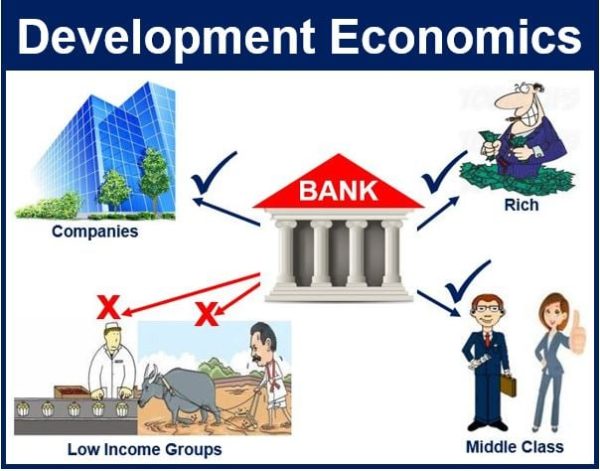
Questions:
- At the 22nd Ordinary Session of the Assembly of Heads of State and Government of the African Union, held on January 31, 2014, the African Union (AU) adopted the Common African Position (CAP) on the Post-2015 Development Agenda. The Heads of State and Government of the AU have called for the adoption of concrete measures supported by adequate means of implementation in order to ensure full realization of the Agenda. They also recognized the need to promote a culture of evidence-based decision making as a major enabler for the full realization of the Agenda. However, Economic Pundits in Sub-Saharan Africa are concerned that Nigeria is still far from achieving half of the Millennium Development Goals and we are talking about Post-2015 Development Agenda. As the Special Adviser to the President of Nigeria on Sustainable Development Goals (SDGs), you have been invited to a press conference to critically discuss and analyse the MD Goals and SD Goals and evaluate the progress made so far by Nigeria in achieving the two goals, Also discuss the strategies you would adopt to fast-track the attainment of the SDGs before 2030. What would you tell your audience? (Your answer should not be less than 1500 words)
- The universal weakness of a prebendalistic economy is the absence of strong institutional framework to organize productive efforts. Governance institutions are compromised and accountability and transparency are undermined. The cost of doing business increases and investment and economic growth are sacrificed. While exact estimates do not exist, there are indications that poverty and inequality in Nigeria owe largely to the historical impacts of rents from oil. While oil accounts for over 90 percent of exports and 80 percent of government revenue, it employs only about 2 percent of the workforce. But oil could equally have accentuated poverty through its impact on institution building. Rents from oil do not trickle down to the poor when they are not invested in productive efforts that will create jobs but rather invested in securing the sources of the rents and increasing access to the privileged few. Under such circumstances, economic growth can be consistent with increasing poverty. Do you agree? If yes, how? If no, why? (Your answer should not be less than 1500 words)
3. When economist John Williamson coined the term “Washington Consensus” in 1989, he was referring
to a set of ten market-oriented policies that were popular among Washington-based policy institutions,
particularly as policy prescriptions for improving economic performance in Latin-American countries. These policies centered around fiscal discipline, market-oriented domestic
reforms, and openness to trade and investment. In African countries, the Washington Consensus
inspired market-based reforms prescribed by international financial institutions (IFIs) like the World
Bank and the International Monetary Fund (IMF), under “structural adjustment programs” (SAP). These
reforms were often prerequisites for financial assistance to indebted African countries during the
global recession and debt crisis of the 1980s, when the external debt rose sharply to unsustainable
levels. Against this background, clearly discuss the tenets of the Washington Consensus and their impact on poverty reduction and economic growth/development in Nigeria
(Your answer should not be less than 1500 words)
- In the Nigerian case, agriculture was largely abandoned and incentives were pitched against the productive sectors. Poor infrastructural development, corruption, little attention to research and poor industrial development strategy gave rise to still-born manufacturing sector. Lack of investment in rural infrastructure acted as a disincentive to rural agricultural life and a pull factor to the cities, giving rise to one of the highest urbanization rates in the world. With huge pressure mounting on the largely unplanned and under-developed urban infrastructure, the result was the emergence of sub-urban ghettos. In the light of the above truism, you have been invited as the newly appointed World Bank Country Director in Nigeria, to deliver a paper entitled “The Ignominious Contributions of Corruption and Colonialism to the Crippling of the Nigerian Economy” to the House Committee on Anti-Graft Issues. What would you tell your audience? (Your answer should not be less than 1500 words)
- The informal sector and NGOs are important variables in the development equation of many economies. Discuss





